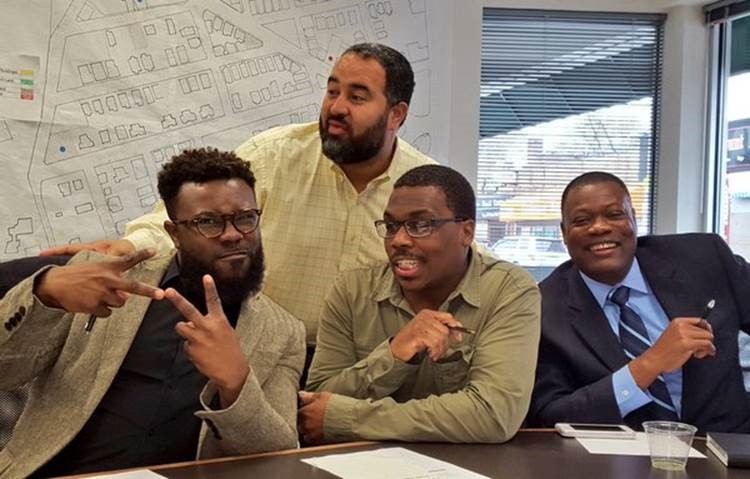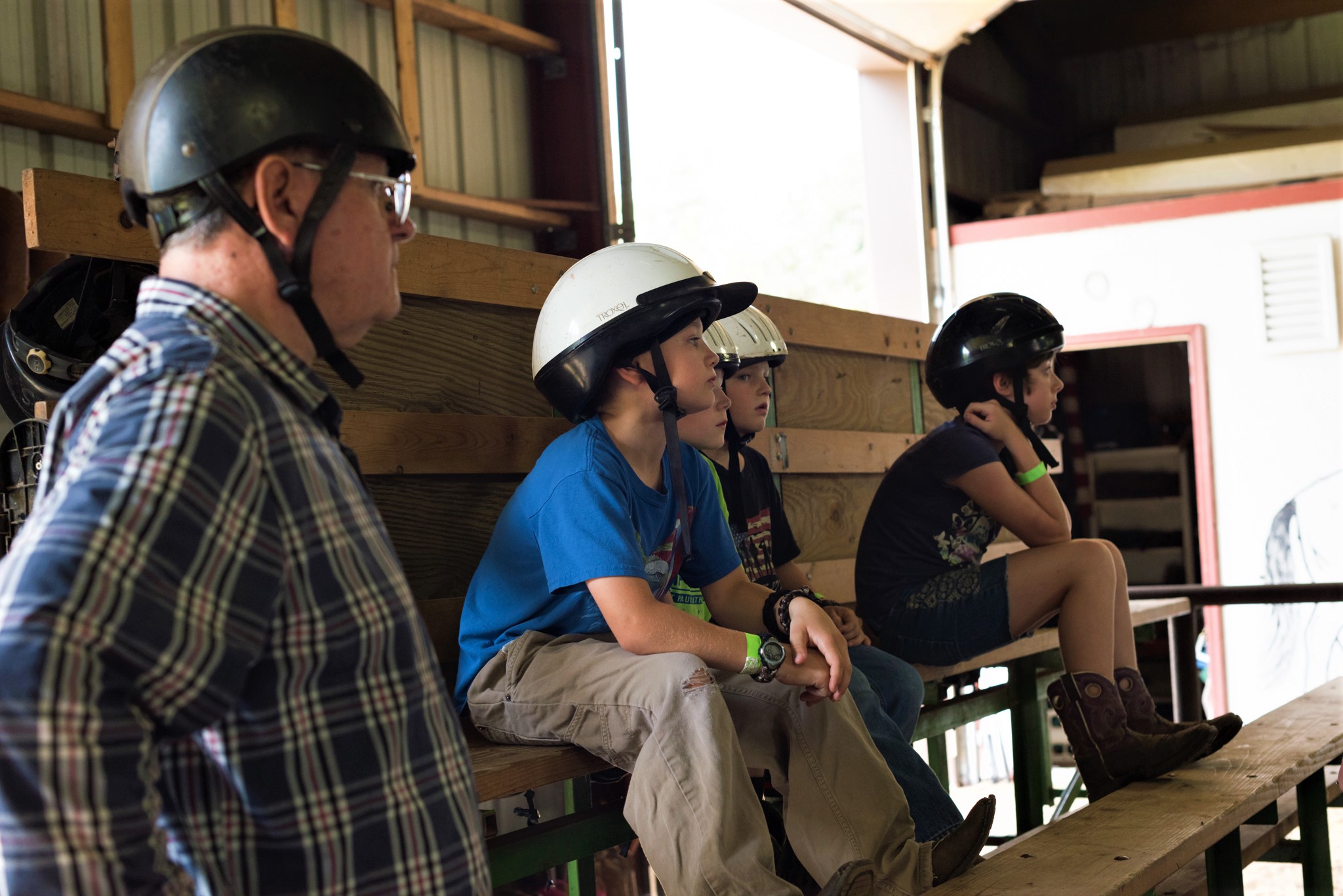Making Connections for Mental Health and Wellbeing Among Men and Boys began in 2015 with an investment by Movember in diverse communities across the United States, all working to improve mental health and wellbeing among men and boys of color, or military service members, veterans and their families. Project sites were supported in their planning and implementation efforts by Prevention Institute, which provided ongoing technical assistance and coaching on upstream prevention, community resilience, and engagement. Over $20 million has been invested in this initiative.
The projects listed below received funding for 5 years to improve the mental health and wellbeing for men and boys, and have made a major difference in the lives of boys, men, and those that care about them. By implementing strategies that create spaces for coming together, several of the communities built on strengths and assets to address social isolation and developed lasting connections, which is more important than ever.
Albuquerque
New Mexico

Albuquerque
New Mexico
Making Connections: International District seeks to engage, connect, cultivate, and activate young men of color in Albuquerque’s International District and Southeast Quadrant to be agents of change in their community. The program creates opportunities for young men of color to channel their natural leadership in spaces that foster healthy masculinity. It also empowers them to engage in policy advocacy in favor of policies that address the root causes of poor health and mental health.
Boston
Massachusetts

Boston
Massachusetts
The Male Engagement Network promotes civic engagement, financial stability, access to affordable housing, and criminal justice reform to improve the lives of men of color living and working in Roxbury, Dorchester, and Mattapan. It facilitates peer networks to support the mental health and wellbeing of these men—especially of young fathers—and address trauma and marginalization.
Canton
Connecticut

Canton
Connecticut
Resilience Grows Here is a veteran-focused mental health initiative. The program engages veterans, their families, and members of the broader community in efforts to prevent suicide among veterans by reducing veterans’ isolation, destigmatizing mental illness, building resilience in boys and men, and creating safe spaces for veterans to connect with each other.
Florence
South Carolina

Florence
South Carolina
Florence Making Connections addresses the mental health and emotional wellness of men and boys of color and male veterans by creating opportunities for social connection. For veterans, the program provides spaces where the men can build relationships and challenge the stigma associated with mental distress. For boys of color, they provide recreational activities ranging from basketball to sessions in a music studio where coaches and mentors also work with the boys on mental wellbeing and emotional intelligence.
Houston
Texas

Houston
Texas
Making Connections in Houston creates opportunities for boys and young men of color in the Kashmere, Wheatley, and Scarborough neighborhoods to talk about health, wellbeing, and healthy masculinity. The program, which is led by Houston’s Bureau of Youth and Adolescent Health, empowers young men to define what it means to be a man according to their own values, rather than having it defined by others or the culture at large.
Kankakee
Illinois

Kankakee
Illinois
To support veterans as they return to civilian life and take on the challenge of being a student, professors and student veterans at Kankakee Community College in Illinois have developed a veterans’ resource center on campus. The resource center provides veterans with the opportunity to connect with other student veterans, which helps them to feel less isolated and gives them a sense of community. It’s a place where the students can let down their guard and create social connections.
Nebraska

Nebraska
VetSET Nebraska works to ensure that veterans returning to rural Nebraska have the support and resources they need to successfully reintegrate into their families and communities. To prepare the entire community to be able to support veterans’ mental health and wellbeing, VetSET trains and supports organizations and agencies that interact with veterans and their families to recognize veterans’ unique needs and respond to them in a way that’s sensitive to their culture. This couldn’t be more important than in the case of recognizing veterans who are at risk of suicide.
New Orleans
Louisiana

New Orleans
Louisiana
The city of New Orleans has experienced numerous types of trauma over the last decade—from catastrophic natural disasters to high levels of violence and unemployment. This has impacted the mental health and wellbeing of African-American men and boys in New Orleans. Making Connections New Orleans (MCNOLA) is working to create better mental health and wellbeing outcomes for African-American men and boys in the city’s St. Roch neighborhood. Through resident workshops, civic engagement, and neighborhood improvement and art projects, MCNOLA is creating positive norms and a culture that supports community wellbeing.
Oklahoma City
Oklahoma

Oklahoma City
Oklahoma
Through Making Connections the Southern Plains Tribal Health Board staff are making suicide prevention among American Indian youth a priority. The project empowers students in Anadarko and the Oklahoma City area to address and prevent suicide among their peers. It trains young people in three public schools to be the eyes and ears among their peers to look for warning signs of suicide and to refer any students who are displaying those signs to an advisor.
Tacoma
Washington

Tacoma
Washington
The 253 Making Connections Initiative is a collaboration between the Tacoma-Pierce County Health Department and several grassroots organizations that focus on improving mental health and wellbeing and strengthening resilience among men and boys and LGBTQ people of color. They do this by providing activities that promote healing, grow social connectedness, and build skills and relationships. The activities range from cultivating food in urban gardens to participating in a tribal canoe journey, and most of them link to deep cultural traditions.

